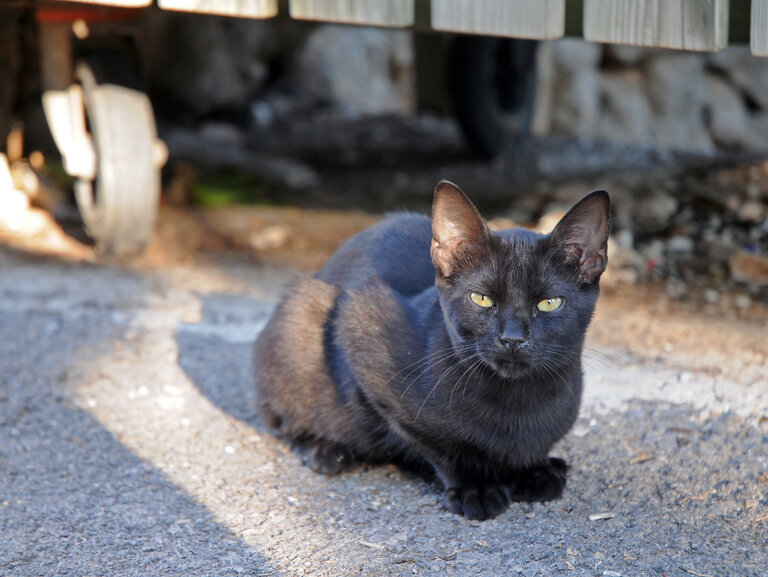Although the suffering of street cats has become one of the biggest unnoticed animal welfare problems in Germany, the current draft of a new animal welfare law does not include a nationwide castration requirement for outdoor cats. As the umbrella organization of animal welfare associations and animal shelters, the German Animal Welfare Federation is massively critical of the federal government. The situation with several million street cats is dramatic. Animal welfare organizations and animal shelters could hardly cope with neutering and caring for the animals on their own.
"The protection of cats is not a priority at federal level. While an animal welfare ordinance for dogs has been in place since 2001 and was last amended in 2021, cats have been forgotten again in the current amendment to the Animal Welfare Act. The Federal Ministry and the coalition parties must finally take responsibility for the immense suffering of street cats. Inaction is not an option - especially as no large new funding pots are needed for a nationwide neutering obligation," says Thomas Schröder, President of the German Animal Welfare Federation. He is calling for the nationwide mandatory neutering of outdoor cats to be included in the draft of the new Animal Welfare Act. "Now is the time to save cats' lives and animal shelters!" says Schröder. The castration obligation must be combined with an obligation to identify cats and register them in a pet register such as FINDEFIX. In addition, street cats should continue to be neutered in regular, nationwide neutering campaigns via existing state and local authority funding pots and then be professionally cared for. "The bulk of the costs and responsibility must not continue to be passed on to animal welfare organizations," Schröder clarifies.
Several million street cats in Germany fight for survival every day. Although often stretched to the limit financially and in terms of personnel, it is animal shelters and animal welfare organizations that take care of the animals, set up feeding stations and have the cats neutered and given veterinary care. A battle against windmills, because at the same time, unneutered outdoor cats from private households ensure that the number of street cats does not decrease: According to a representative survey of cat owners conducted by the German Animal Welfare Federation in 2023, one in ten cats - out of a total of 15.2 million cats kept in Germany - are not neutered. If the cats mate with other unneutered outdoor cats or with free-roaming street cats, the number of animals that have to lead a miserable life without a home increases - usually hidden and unseen in backyards, allotments or wasteland. Unwanted kittens also regularly end up in the already overcrowded animal shelters.
Note to editors: The German Animal Welfare Federation is currently providing information on the nationwide animal welfare problem of street cats as part of its "Every cat's life counts" campaign (www.jetzt-katzen-helfen.de) and in its "Big Cat Protection Report" (www.jetzt-katzen-helfen.de/report). The German Animal Welfare Federation has summarized the advantages of a nationwide castration obligation here: www.jetzt-katzen-helfen.de/tierschutzgesetz








